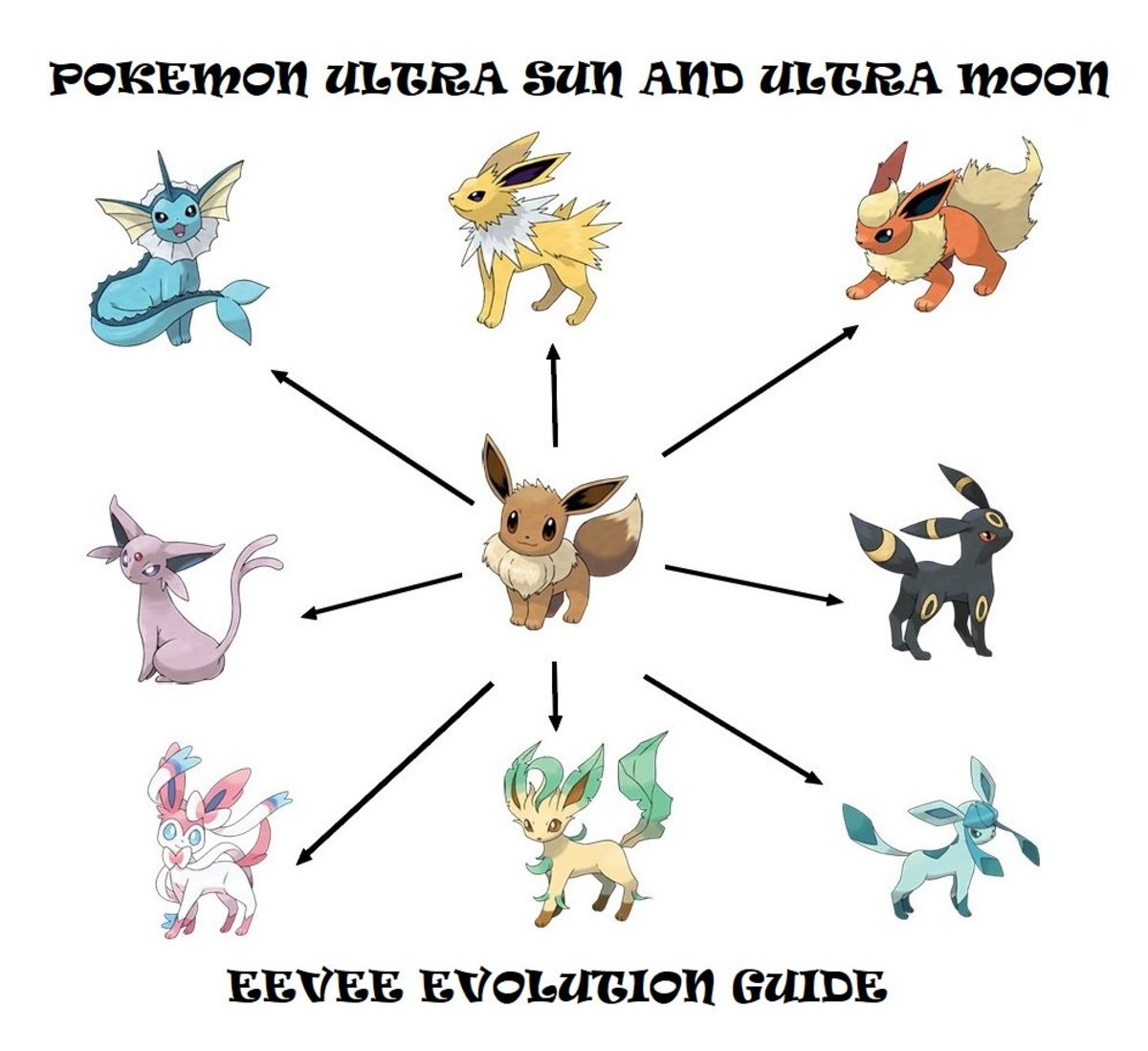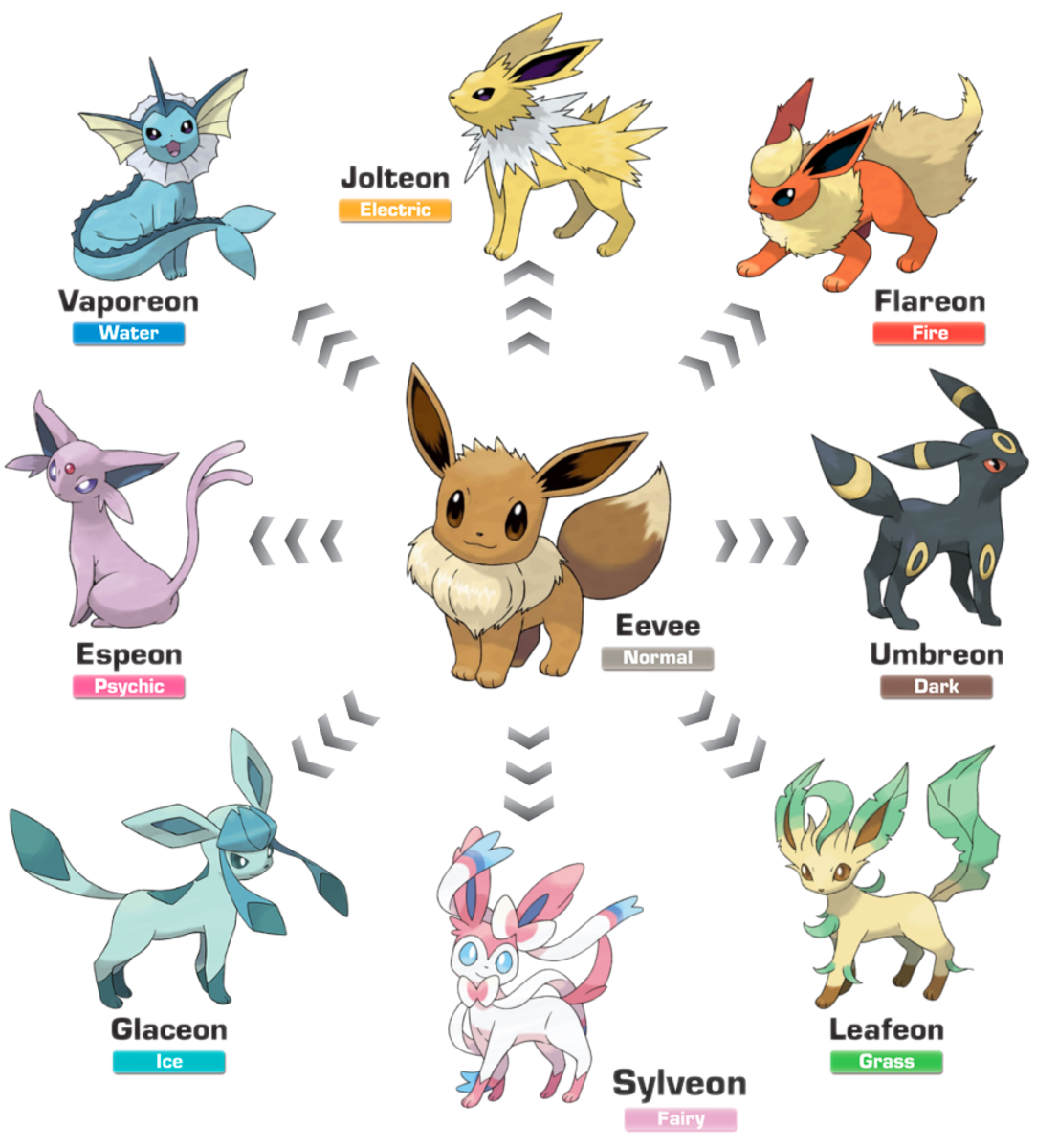Pokémon GO Shows That Technology Can Connect Us with the Real World- and Each Other.

In the days following its release, there’s been a veritable media storm centered on Pokémon GO’s wild success. Naturally, there’s the inevitable media scaremongering that accompanies every youth phenomenon. The story of a group of teens who used the app to mug other users has been reported on and shared countless times, along with reports of injuries suffered (or narrowly avoided) by aspiring Pokémon masters who were too focused on their hunt and neglected to pay attention to their surroundings. We’ve even heard ghastly reports of a girl who found a dead body in Montana while looking for a water-type Pokémon.
Others are more concerned with the financial angle and industry prognostications. Does Pokémon GO’s triumph mean that Nintendo will make more mobile games? Is this the breakthrough title that Augmented Reality’s been waiting for? I don’t know if Nintendo, a company that still believes in its handheld consoles, is willing to fully commit to the mobile platform. It also seems unclear whether or not GO will help AR in the long term. Pokémon as a brand is particularly well-suited to Augmented Reality, and though we’ll certainly see some copycats soon, it will be hard for them to achieve the same numbers.
However, I believe that the most significant takeaway from Pokémon GO is that it demonstrates the capacity for technology to connect us with the real world and with each other. Yes, some nasty people have exploited the app for criminal purposes, and of course we’re still struggling with a larger problem of distracted driving. But this game has gotten people out of the house and engaging with the world around them like no app before it, and I believe that it sets an example that many will follow in the future.
----------
Like many of my generation, I grew up with Pokémon. I remember playing Pokémon Blue on long car trips, waiting for street lamps to illuminate the screen so I could choose my attack. I remember stumbling through Rock Tunnel in the dark because I didn’t know how to get a Pokémon with flash. I remember that kid in my class who told everyone that his uncle had real live Pokémon (nobody ever believed you, Zach. Nobody). I remember spending several hours trading Pokémon with one of my friends so that we could both have all three starters in Ruby/Sapphire. Most of these experiences took place indoors and often alone. I played Pokémon as a distraction from a long trip, or a pastime on a long summer day. It wasn’t a way for me to engage with the world, but rather a distraction from it.
Unlike the sedentary experiences encouraged by traditional games, Pokémon GO forces its users to be active and explore their real, physical community. Libraries that have struggled for years to get kids’ attention are finding themselves crowded with young people because they’re sitting on a spawn point. People are meeting up with each other and making new friends out in their neighborhoods instead of just making transient connections in an FPS team chat with people they’ll never hear from again. The kind of face-to-face, in-person contact that modern technology is supposedly destroying is actually encouraged by Nintendo and Niantic’s new app. What kind of long-term effects Pokémon GO will have remain to be seen. Those kids wandering into the library to try to take over its gym may never actually check out a book, and the new friendships forged around the game may fade as the app’s popularity wanes. It’s entirely possible that gamers will return to the couch once Pokémon GO’s Bubble Beam bursts. But I think that more applications should and will emulate and expand on what makes the game so enthralling.
----------
Though the temptation for many will be to try to ape the superficial elements of Pokémon GO, app developers who want to build on its successful qualities should focus more on the concept of community building and less on inventing fantastical monsters (as fun as that may be). Pokémon GO shows that, despite being raised to live an unprecedentedly sedentary lifestyle (or maybe because of it), millennials are itching to get out and be a part of their community. They just needed a reason.
And while it may be difficult to match the appeal of living out our generation’s life-long fantasy of being a Pokémon trainer, there are other ideas which have the potential motivate similar activity. For instance, Kricket is an application which aims to build communities through a similar location-based crowdmapping technology. Users can tag their current location on Kricket’s map of the world with an icon and a short message. Kricket’s creators initially deployed the app to be used by Syrian refugees and the NGOs and volunteers helping them. Now, they want the app to advance the United Nations’ Sustainable Development Goals. Users will be able to post about their initiatives regarding these goals (like ending poverty and improving gender equality) and call for participation from their community. Kricket doesn’t have the game elements of Pokémon GO, but could similarly inspire millennials to be more active and involved in their communities.
With so much information and entertainment available in the palms of our hands, many of us have fallen into a withdrawn indolence. But Pokémon GO shows that the very same technology that fuels our comfortable laziness can also can also push us out to explore the world and build connections with the communities we’ve come to neglect.








